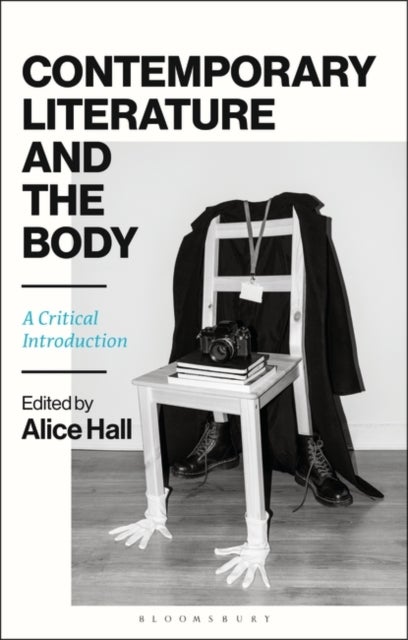
Contemporary Literature and the Body
299,-
Surveying the history of criticism about literature and the body, this introduction also charts trends and examines new theoretical developments in literary criticism and provides an entry point into the medical humanities, studies of affect, ageing, ecocriticism, and digital humanities. The book offers an intersectional approach to understanding identity and bodily experience and draws on a range of forms of writing from different geographical areas and disciplines, including poetry, novels, blogs, memoirs, political activism and scientific case studies. Exploring the fundamental importance of the body in the histories of feminism, gender, sexuality, disability, race and postcolonial studies, this book proves that contemporary literature provides a rich cultural history of hopes, fears, and fantasies about the body across the ages and, moreover, that criticism offers a valuable way of interpreting how certain bodies are marginalised, celebrated, exploited, spoken about or spoken for i








